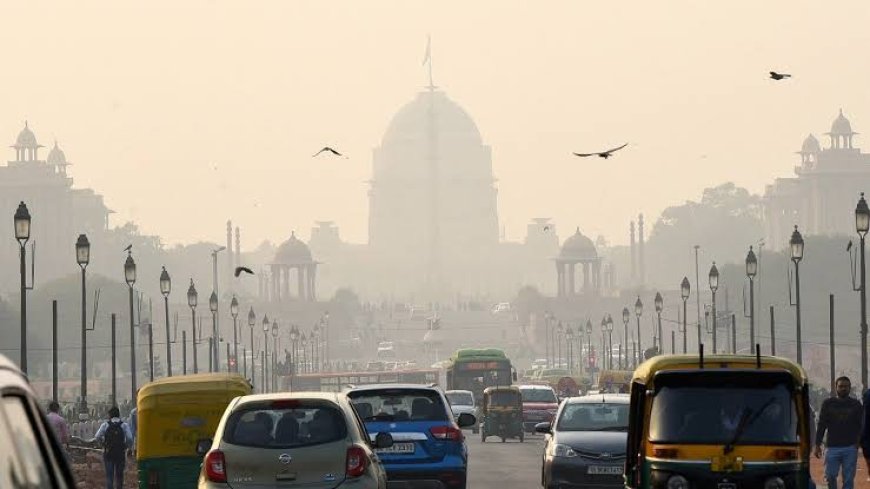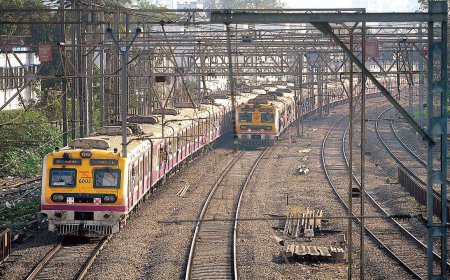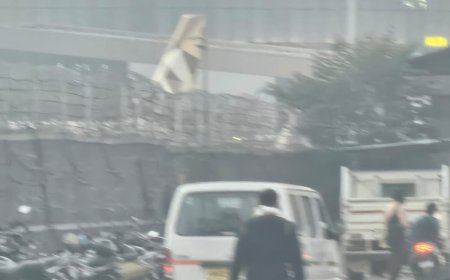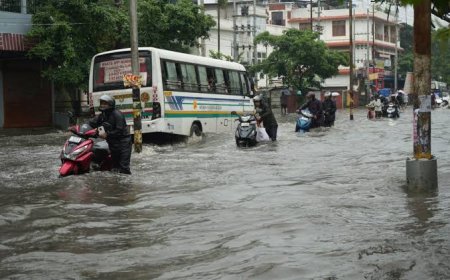New Delhi, November 20, 2024: In response to the alarming levels of air pollution that have plagued the capital, Delhi Environment Minister Gopal Rai announced on Wednesday that 50% of government employees will work from home. This measure is part of the government's efforts to reduce the adverse health impacts of the city’s worsening air quality. Delhi's air quality index (AQI) has remained in the "severe-plus" category for several days.
On Tuesday, the 24-hour AQI recorded a dangerously high 460, slightly lower than the previous day's record of 494. An AQI of 401-450 is categorized as “severe,” while readings above 451 are considered “severe-plus,” the highest classification on the air quality scale, which is capped at 500. Experts have warned that such levels of pollution pose significant health risks to residents, with both short-term and long-term effects, especially for children, the elderly, and individuals with pre-existing respiratory conditions.
"The decision to implement a 50% work-from-home policy is aimed at reducing exposure to hazardous pollutants while also limiting office congestion during these critical days," Rai said in a statement on X (formerly Twitter). He added that a meeting with officers would be held later to discuss the implementation of this provision. This new policy follows earlier measures, including staggered office timings for government employees. Under these changes, the Municipal Corporation of Delhi (MCD) operates from 8:30 am to 5 pm, while Delhi government offices function from 10 am to 6:30 pm. Despite these adjustments, experts have voiced concerns about the ongoing pollution levels, which remain in the "severe" range.
The Commission for Air Quality Management (CAQM) has escalated the pollution control measures under Stage 4 of the Graded Response Action Plan (GRAP), which has led to a ban on all construction activities across the city. Additionally, schools have been instructed to cancel classes for most students as part of the emergency measures to protect public health. Weather forecasts indicate that the situation may persist, with little improvement expected in the coming days. Surface-level winds are predicted to remain weak, preventing the dispersal of accumulated pollutants.
As the air quality continues to deteriorate, residents have been urged to limit outdoor activities, wear masks, and use air purifiers at home. The air quality crisis in Delhi underscores the growing urgency for long-term solutions to combat pollution, including stricter enforcement of regulations, reduction in vehicular emissions, and better urban planning to reduce industrial pollution. Until then, the city grapples with the immediate effects of one of the worst air pollution crises in recent years.




 Previous
Article
Previous
Article











